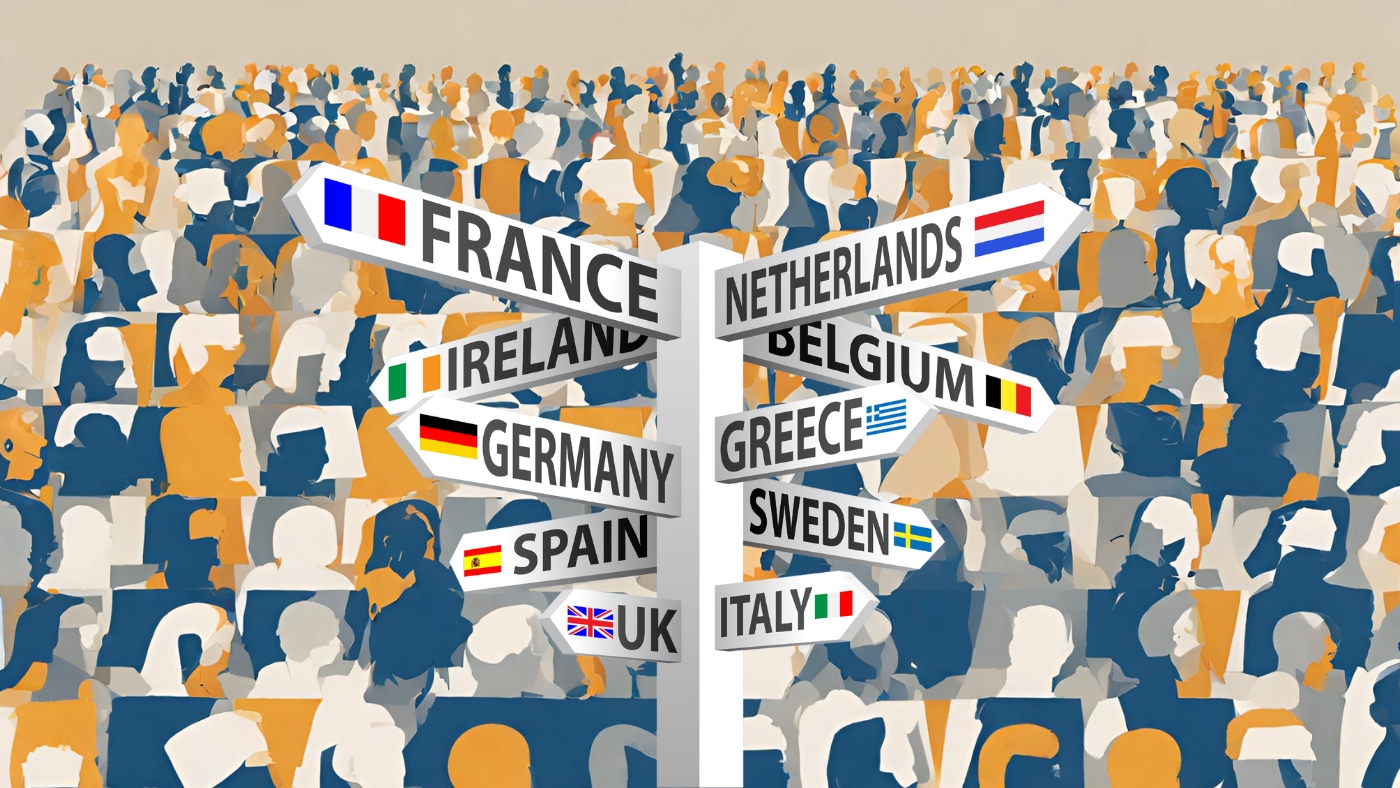The International Institute for Religious Freedom (IIRF) recently launched the Violent Incidents Database (VID), an initiative aimed at collecting, recording, and analyzing incidents related to violations of religious freedom across the globe. The VID aims to record violations of religious freedom on five continents, with an emphasis on tracking physical violence, but cannot claim exhaustive coverage. The data included in the VID is based on reports published in digital media available on the internet. Many incidents are never made public or do not receive sufficient attention from authorities or media. The database is constantly being updated as researchers identify religious freedom violations, but this is a complicated endeavour.
The VID discerns between two distinct types of religious freedom violations: physical violence and non-physical violence. Physical violence includes killings, torture, abductions, or similar assaults stemming from one’s religious identification. Non-physical violence might manifest as discriminatory legislation, social pressure, cultural marginalization, government discrimination, hindrances to conversion, obstacles to participation in public affairs, restrictions on religious life, or any symbolic or structural form of infringement. Both categories are important. You can read more about the methodology of the VID here.
Primarily utilizing publicly available digital media on the internet as its primary source, the VID supplements this information with field interviews, desk research, and reports from partner organizations. Additionally, individuals can contribute incident reports through an online form.
“Engagement for the freedom of religion or belief by Politics or Media should be grounded in the best available data, a realm exclusively provided by well-designed research. I take pride in the ongoing efforts of the current leadership team at IIRF, which has significantly expanded upon the modest beginnings of 15 years ago. The Violent Incidents Database, developed under their guidance, renders violations of religious freedom accessible to all, irrespective of the identities of victims or offenders and the locations of these incidents,” expressed Dr. Thomas Schirrmacher, Secretary General (CEO) of the World Evangelical Alliance and founder of the IIRF.
“We live in a world where the violent persecution of Christians and other religious groups is rampant and increasing,” said Dr. Ronald Boyd-MacMillan, Chief of Global Strategy and Research for Global Christian Relief, who also is Senior Research Fellow at the IIRF. “This database not only helps us track the violence but helps us better understand what persecuted Christians really need from their brothers and sisters around the world.”
The VID initially focused on gathering cases from Latin America, compiling incidents from the region dating back to 2002 was maintained by the Observatory of Religious Freedom in Latin America (OLIRE). OLIRE continues to partner with the IIRF to provide data for Latin America. Data on Nigeria is provided by the Observatory of Religious Freedom in Africa (ORFA). Thanks to the support and funding from Global Christian Relief, the IIRF has expended incident coverage to the rest of the globe, covering all five continents, and collecting incidents from 2021 to 2023.
The Violent Incidents Database will be highlighted during the International Religious Freedom Summit in Washington D.C., January 30-31.
To access the VID please click here.
















